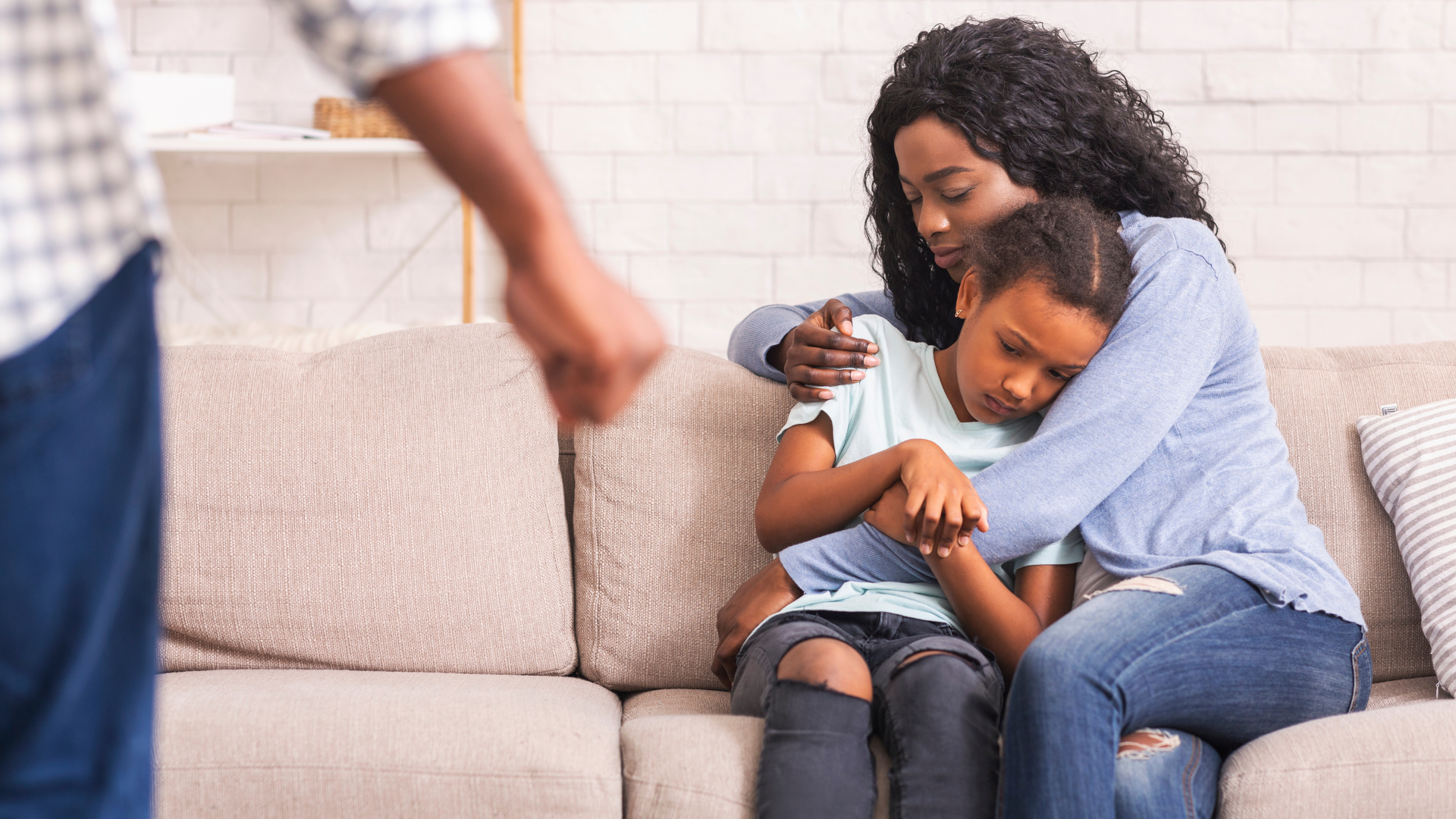
If you are currently experiencing a domestic violence situation, it is important to know your rights as a victim. Most states have laws to protect domestic violence and abuse victims. These laws may include provisions that protect victims of domestic violence, force abusers to stay away from their victims’ homes and prevent abusers from possessing weapons.
Domestic abuse in any form is reprehensible. Domestic violence is a crime that impacts women, men, and children from all levels of society. Laws that protect victims of domestic abuse are an important part of protecting people from domestic violence.
Who should domestic victims call to report a possible federal crime?
The Federal Government provides resources to aid victims of crimes in reporting crimes. Crimes include incidents where the victim is assaulted or threatened or where the property is stolen. Victims can file a report with local police, or, if they choose, they can contact the Federal Bureau of Investigation (FBI) to report the crime.
What are the federal crimes and penalties?
Criminal law is the body of statutes, ordinances, rules, and regulations enacted by a sovereign state to govern conduct within its jurisdiction. Criminal law is distinct from civil law, the body of statutes, ordinances, rules, and regulations enacted by a sovereign state to govern conduct between private parties. If you are being investigated for a federal crime, the penalties for a conviction – penalties ranging from minimal to severe – should be your top concern. Federal crimes are serious offenses that can impact your future in life-changing ways. These crimes can stem from financial fraud, tax evasion, money laundering, and many other offenses. While people may think federal crimes are reserved for the wealthy, the truth is they are committed every day.
What is a qualifying domestic violence misdemeanor?
Domestic violence convictions can be life-changing, and a conviction for a domestic violence misdemeanor can seriously impact a person’s job, housing, and ability to provide for children. However, a conviction for a domestic violence misdemeanor does not necessarily result in jail time. A qualifying domestic violence misdemeanor is a domestic violence offense classified as a misdemeanor and can be charged as either a class C or class B misdemeanor.
What Is a Qualifying Protection Order?
A qualifying protection order (QPO) is a court order that grants temporary emergency relief from domestic violence. In some cases, a person can request protection from a criminal court if they have evidence that their abuser has already committed acts of abuse against them. These orders are also sometimes issued by a civil court, such as a family law court, if evidence of abuse is presented to the judge. In either case, the abuser must comply with the order’s terms or face punishment.
Who Is an Intimate Partner?
An intimate physical partner is a man or woman with whom you have had sexual intercourse that is assumed to be a sexual, romantic, or intimate relationship. The primary definition of an intimate partner is “a person with whom an individual places an intimate relationship, i.e., a close personal friend, spouse, former spouse or partner.”
Crime Victims’ Rights
Crime victims have the right to receive certain rights after a crime in order to assist them in recovery. These rights include restitution or compensation, “a reasonable opportunity to attend court proceedings,” and the right to be notified about the perpetrator and their imprisonment status. Families of victims also have a right to be informed and allowed to “participate in relevant court proceedings to the degree possible.”
Can domestic victim concerns be heard in federal court?
Domestic violence is never okay, and anyone who is a victim of domestic violence has rights. Federal Victims’ Rights Act (FVRA) grants residents of Illinois the right to seek protection in a federal court as well as advise victims on how to proceed. Under the FVRA, domestic violence, dating violence, sexual assault, and stalking victims can seek protection under the Violence Against Women Act (VAWA).
If you have been assaulted in an in-law’s home or suspect domestic violence is directed towards you or your child, you have a right to ask for temporary protection from abuse. According to family laws, victims must have physical or emotional injuries before they can seek legal intervention. However, knowing your rights—who to contact, what to provide as evidence, and what you can and cannot do—is critical.
